by Richard van Pelt, WWI Correspondent
“Austro-Servian War Declared and Europe Trembles” read Tuesday’s headline. Austria had declared war on Serbia, rejecting British appeals for mediation, but conceding that they were open to keeping the conflict local. Fears of a wider war hinged on the response of Germany to its ally, Austria, and Russia’s toward its ally, Serbia. Russia was reported mobilizing troops and moving them toward the Serbian border. The German emperor’s son, the crown prince, was reported to have been ordered to stay out of Berlin by his father for fear that his hot headedness would plunge Germany into a war his father sought to avoid.
Editorially the Statesman wrote:
Germany and England may succeed in averting a general European war; but the danger of such a bloody conflict is great. Austria proposes to invade Servia, and if she does this Russia will without doubt come to the rescue of the Servian government, as will some of the neighboring states. The complications that would follow might involve all Europe in the greatest armed conflict of all history. The whole of Europe is an armed camp. The nations are trained and equipped for war, to their exhaustion, and the grudges of hundreds and thousands of years are kept alive constantly. The whole spectacle is a disgrace to civilization.
Locally, the paper reported that “declaration of war between Serbia and Austria today aroused the patriotism in Portland of both races to a high pitch, and hundreds are ready to return to their native lands and fight if called upon. It was estimated that there were 1600 Austrians in Oregon available for service.” The declaration of war affected 274 Marion County residents of Austrian background and more than 3400 of German background. There were 271 of Russian background.
For 242 residents of Irish background, the paper reported that the issue of home rule threatened the outbreak of civi war in Ireland.
Locally, Oregon State University’s predecessor, the Oregon Agricultural College, reported a special training program for women. “Women today,” the paper reported, “are specially trained for their life work. The specialization that is demanded in all fields of endeavor makes no exception in the work of women. That they should be expert home-makers is quite as necessary as that men should be expert farmers or engineers. Facilities for providing this training are afforded at the Oregon Agricultural college by new buildings, new and modern in every respect and thoroughly adapted to their intended use.”
Rostein & Greenbaum’s advertised their semi-annual clearance sale. Men’s overalls, “Big Overalls, the kind some stores advertise at $1” were on sale for 69 cents. House dresses of “good check gingham neatly made” were also advertised at 69 cents.
On the editorial page, the paper suggested that “this would be a favorable time for Japan to take up the matter of extending her territory by helping herself to a slice of Siberia and the other half of Saghalien (Sakhalin) island. The Russian province of Amur would prove right handy for her, and it would not be surprising if, when Russia gets busy with Germany, that Japan benevolently assimilated about as much Russian territory as she can digest at one time. This would give her a foothold on the continent and be a dangerous thorn in the Russian anatomy.”
Commenting on England, the editor commented that “with an incipient war on her hands in Ireland, trouble likely to follow the British Columbia exportation of Hindus in India, and Mrs. Pankhurst actively militant, she has enough to keep her busy without getting mixed up with the powers of Europe.”
Summing up the news of the day, the paper speculated that “from the present outlook in Europe, and with another revolution imminent in China and still another possible in India, it looks as though Mars had served the Dove of Peace in a pot-pie, or at least flavored the soup with it.”
The headline read “Samuel Hill Scared” and the sub-line reads “Good Roads Advocates Allege That a Washington Man Would Be Dictator.” Decisions made in one century have ramifications in a second, as considerations for a new I-5 bridge demonstrate:
Medford, Ore., July 28 – Severe condemnation of Samuel Hill for attempted dictation of the good-road policy of Oregon and his alleged effort to change the route of the Pacific highway from Willamette Valley to eastern Oregon and the launching of a campaign for the states themselves to go into the road-making business marked the second annual convention of the Tri-State Good Roads association, which opened here today, with 100 delegates from California, Oregon, and Washington.
Hill argued that the logical route for a Pacific highway was through central Oregon, W.H. Gore, of Medford, and president of the Medford National Bank, was quoted as saying: “I told Mr. Hill what I believe now. . . that while sectionalism and petty partisanship have no place in our good road policy and the people of eastern Oregon, as well as the people of northern and southern Oregon, deserve good roads and should have them, nevertheless the immediate need and the first work to be done is to supply that portion of the state which is most thickly settled with the first section of the Pacific highway and that section runs through the state from Ashland through Grans Pass, Eugene to Portland.”
Western Oregon developed around Highway 99 and Interstate 5. Imagine what the demographics of Oregon would be if the main north-south highway was Highway 97.



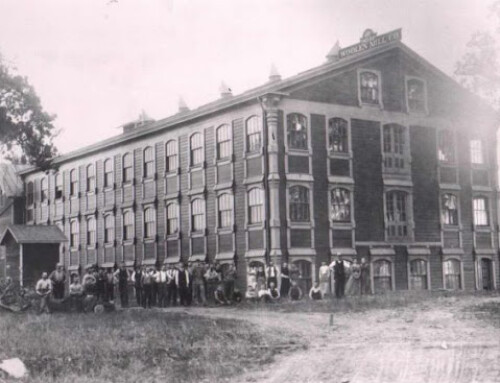
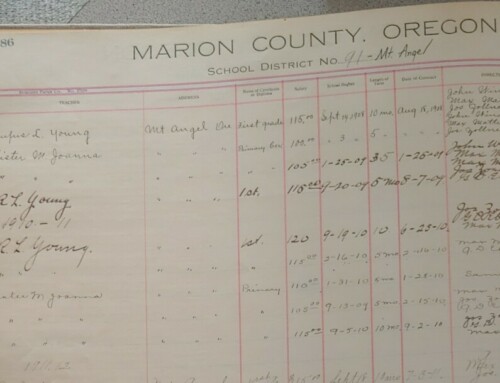
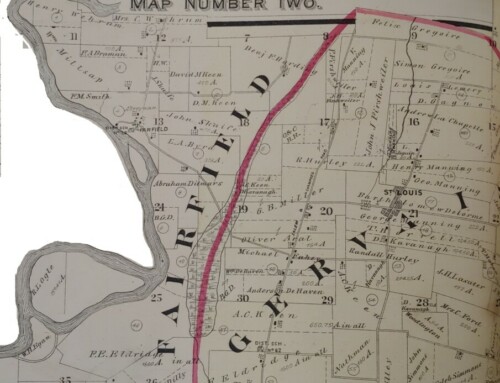
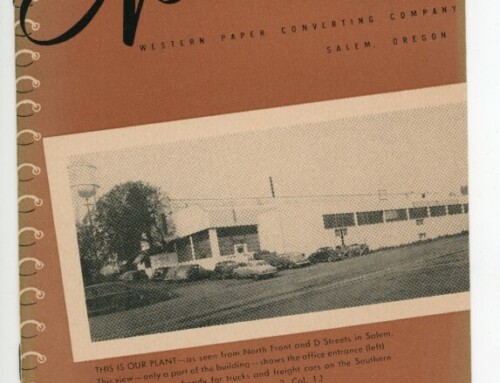
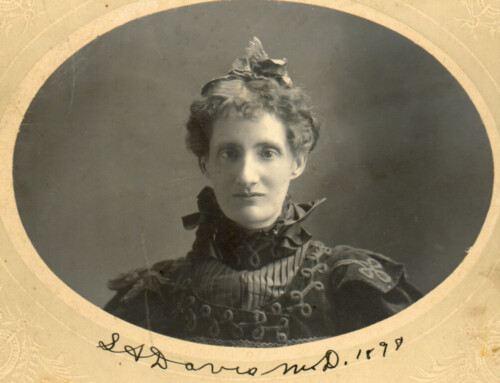
Leave A Comment